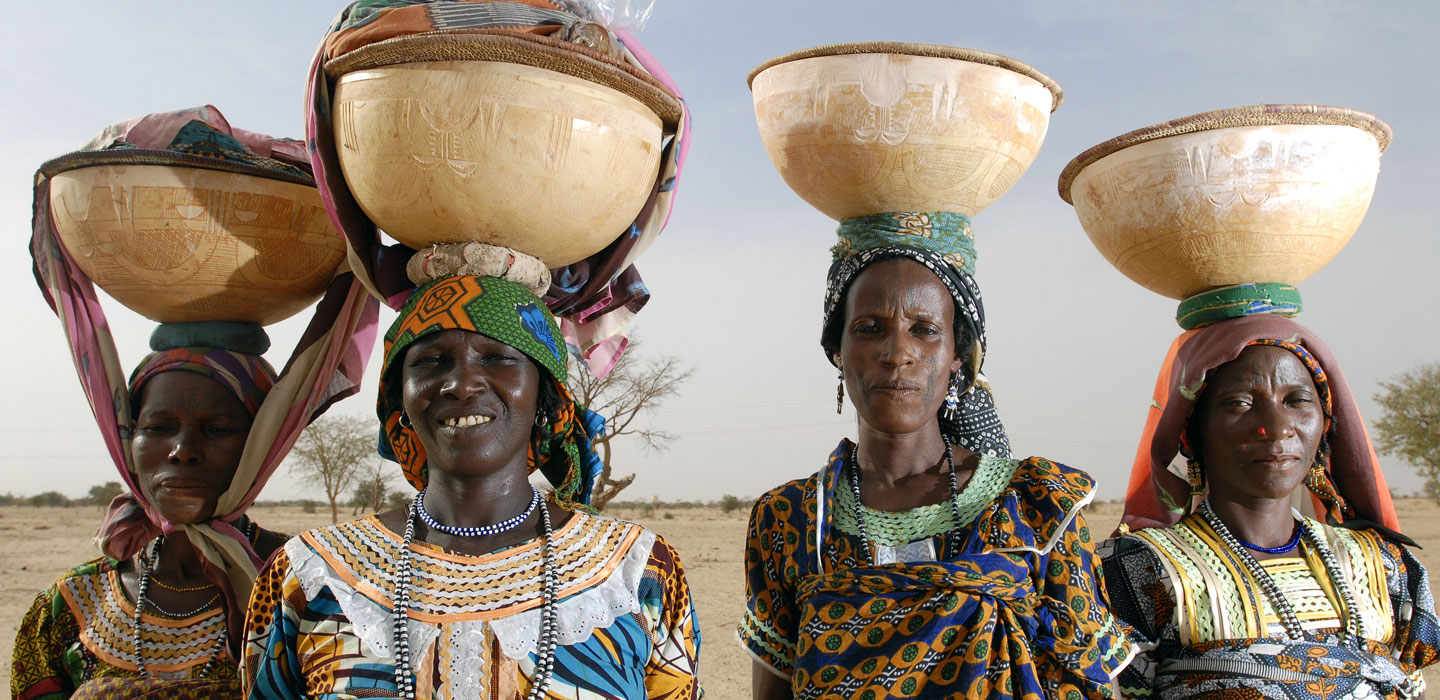Herramientas y Guías
Herramientas y Guías

Herramientas y Guías
Visualización del menú
Search Results Filters
Resultados de la búsqueda
Case Study: Household approach for gender, HIV and AIDS mainstreaming, Malawi
Lessons learned: Strengthening smallholder institutions and organizations
Burundi: Country Technical Note on Indigenous Peoples’ Issues
The Twa “Pygmy” of the Republic of Burundi are a small minority of around 80,000 people that self-identify as indigenous and are considered as such by the African Commission on Human and Peoples’ Rights and the UN system.
How to do note: Analyse and strengthen social capital
Pacific Regional Workshop Report
In February 2013, the First Global Meeting of the Indigenous Peoples Forum took place at the IFAD headquarters in Rome, in conjunction with the 36th session of the Governing Council. In attendance at this inaugural meeting were 31 indigenous people’s representatives from 25 countries in Asia, Pacific, Latin America, Africa and the Caribbean regions. Of the 19 Asia- Pacific regional representatives, two were from the Pacific; Mr. Anthony Wale, the Executive Director Aoke Langalanga Constituency Apex Association (ALCAA), and Ms Rufina Peter, Senior Research Officer at the PNG Institute of National Affairs.
During the meeting the Pacific representatives highlighted the need for the Pacific to have a “separate identity” as per the outcomes of Asia Pacific regional preparatory workshop in Bangkok. The issue was one of visibility for the Pacific Region due to its unique, rich and diverse cultures and traditions, its significant land and sea area and its high biodiversity. The Pacific Regional meeting proposed three action plans, of which the Pacific Regional Workshop in preparation of the Second Global Meeting of the Indigenous Peoples’ Forum at IFAD is a direct result.
Case study: Chiefs and traditional leaders, Zambia
Case study: Household approach, Zambia
A field practitioner's guide: Institutional and organizational analysis and capacity strengthening
The purpose of this Guide is to support institutional and organizational analysis and strengthening (IOA/S) for design and implementation of programmes and projects.
The Guide is designed to be a practical, hands-on set of directions to those needing to answer the following questions: “how to go about doing institutional and organizational analysis? And once I’ve done it, how do I go about using this analysis to promote sustainable institutions and organizations?”
This is intended as a user-friendly Guide, the use of which could help identify strategic partners and key areas for intervention at COSOP level; to deepen the COSOP analysis at the design stage by generating interventions that support sustainable institutions and organizations, and progress
at implementation stage should be easier to monitor and evaluate effectively.
Toolkit: Strengthening smallholder institutions and organizations
How to do note: Strengthen community-based natural resource management organizations
Congo: Country Technical Notes on Indigenous Peoples’ Issues
The indigenous population of the Republic of Congo (RC) include the Baka, Mbendjele, Mikaya, Luma, Gyeli, Twa and Babongo peoples. Depending on sources, these peoples represent a small minority of 1.25 to 10 percent of RC’s estimated population of 4.4 million, primarily of Bantu origin.
Lecciones Aprendidas: Proyectos de desarrollo de cadenas de valor de productos básicos
Toolkit: Lines of credit
Estudio de casos: Metodología para fomentar la transformación en los hogares en Etiopía
Case study: Men’s Travelling Conference, Kenya
Lessons Learned: Loan Guarantee Funds
How to do note: Loan Guarantee Funds
This How To Do Note highlights the rationale for using Loan Guarantee Funds, focusing on different types of guarantee arrangements, as well as their strengths, weaknesses and opportunities. It also summarizes global experience with LGFs.
The Note provides country programme management teams, programme design teams, implementation teams, and other practitioners and users with evidence-based good practices and guidelines so that they can design and implement more effective and contextually appropriate guarantees.
Lessons learned: Community-based financial organizations
Community-based financial organizations (CBFOs) are often the only institutions available to provide basic financial services to the rural poor, especially in remote areas with inadequate infrastructure.
CBFOs can be organized in many different ways. This knowledge document elaborates on the lessons learned in designing and implementing support for a CBFO.
How to do note - Key performance indicators and performance-based agreements
This how to do note addresses KPIs and PBAs at the level of partnering financial institutions. In this context, key performance targets are included in various documents, including strategic plans, business plans and possibly budgets at different levels.
Also, they can be used as an important support instrument for results-based management.